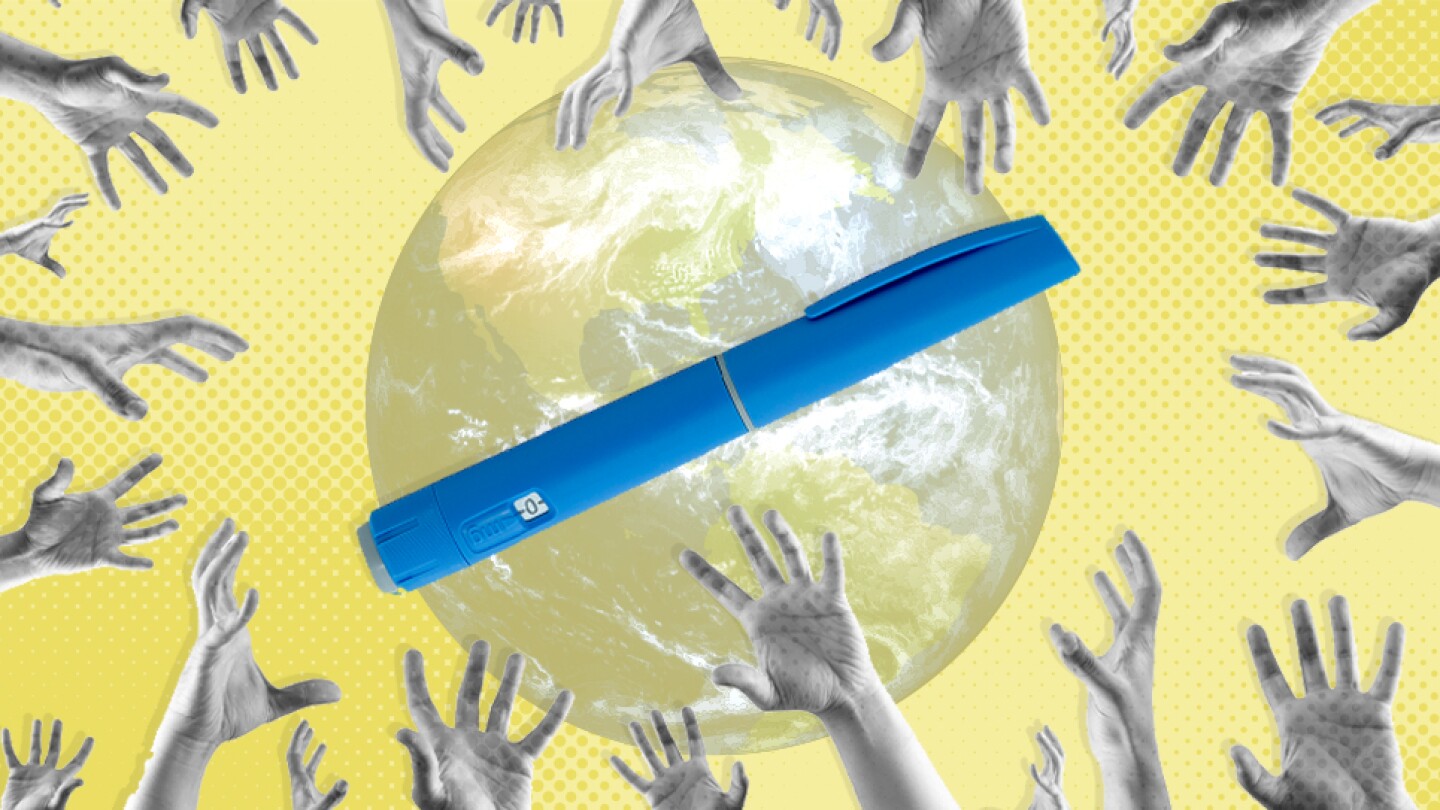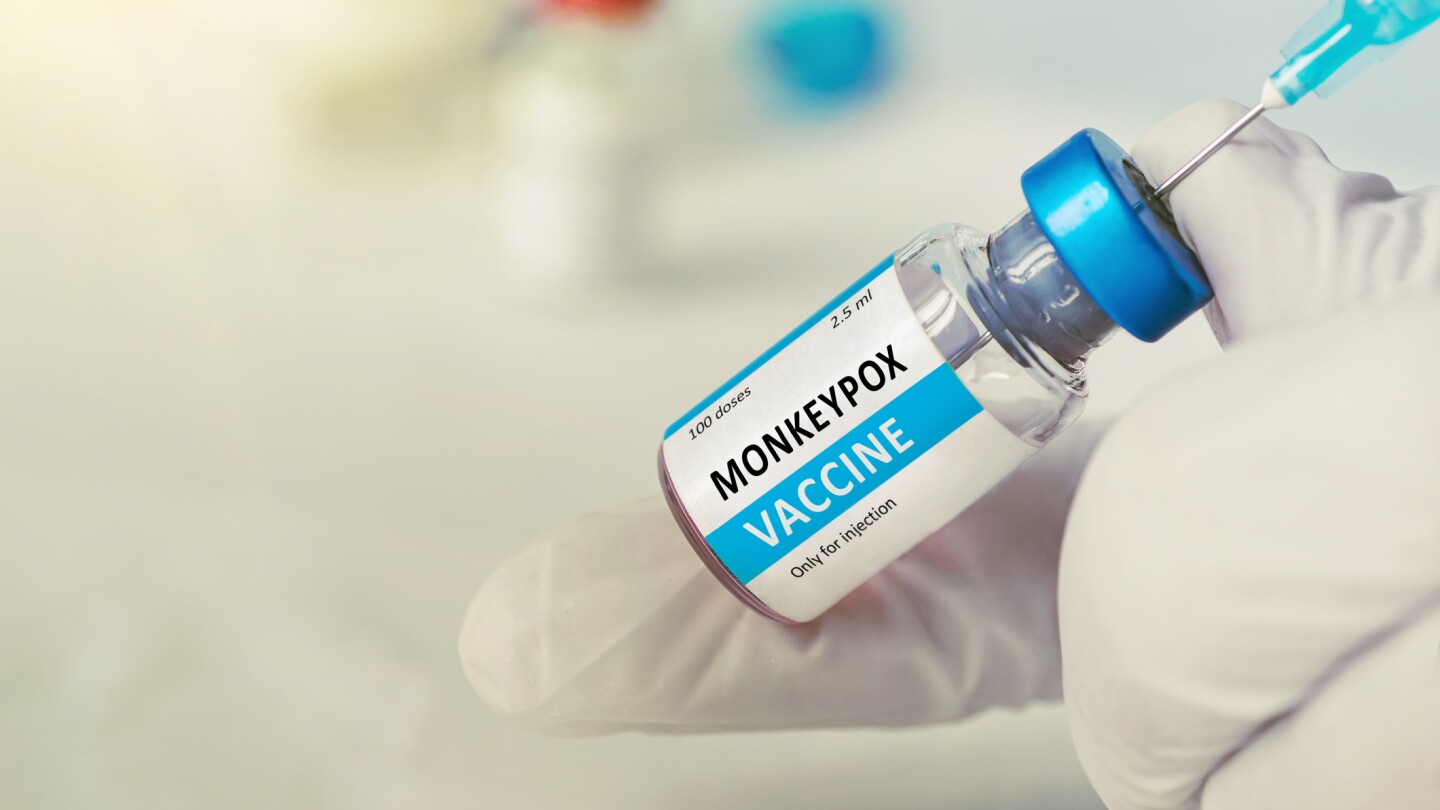Africa
The last few years have been tough for the insulin market, with recent policies and high-level pressure forcing companies to lower drug prices.
Experts say Novo Nordisk and Eli Lilly’s GLP-1 drugs are unlikely to reach more countries in the near term, but Sanofi’s diabetes treatment has gained ground globally.
The company can make 10 million doses available next year, with $600 million to $1 billion in revenue potential into 2025, “albeit perhaps lower on price, discounts and donations,” according to Jefferies analyst Peter Welford.
Interviews can be difficult in any field, but especially in a competitive industry like the life sciences. Read on to discover the best way to answer salary interview questions in our guide.
As BioNTech struggles to establish its footing in a post-pandemic world, the biotech has secured $145 million from the Coalition for Epidemic Preparedness Innovations to expand its mRNA operations in Rwanda.
The biopharma industry in Nigeria takes a hit as GSK and Sanofi shut down their commercialization efforts in the country.
Partnerships with companies based in the U.S. and elsewhere are one factor driving growth in the industry, but obstacles remain.
Social media campaigns may have been one factor that prompted Johnson & Johnson and Danaher to make a TB treatment and a test more accessible in low- and middle-income countries.
The COVID-19 pandemic highlighted a need for local production of vaccines. Now, German pharma company BioNTech has said it will start manufacturing vaccines in Africa.
Novartis, GlaxoSmithKline and Sanofi have announced plans for significant cutbacks and changes in their labor force overseas for financial, operational and logistical reasons.
PRESS RELEASES










